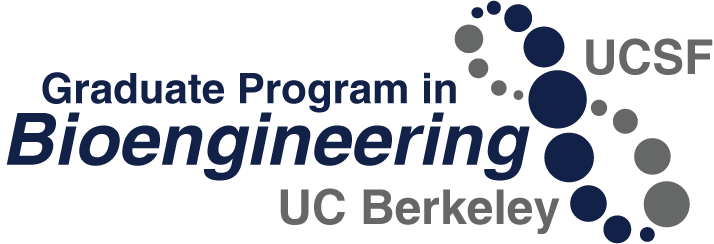Sarah Nelson, UCSF Professor of radiology and co-chair of the Department of Bioengineering and Therapeutic Sciences, has led a team of researchers who developed a new imaging technology to noninvasively image prostate tumors.
The technology uses a compound called pyruvate, which is created when glucose breaks down in the body, but in cancer cells is more frequently converted to lactate. Previous studies showed that pyruvate conversion to lactate can be tracked via MRI using hyperpolarization and injecting the hyperpolarized pyruvate into the body.
Tumor size can be tracked by measuring the amount of lactate produced and the rate of conversion. This can help doctors assess the aggressiveness of the cancer and its response to medication.
This research, a collaboration of scientists at UCSF and GE Heathcare, was published in August in Science Translational Medicine.
Read more at Science online.
